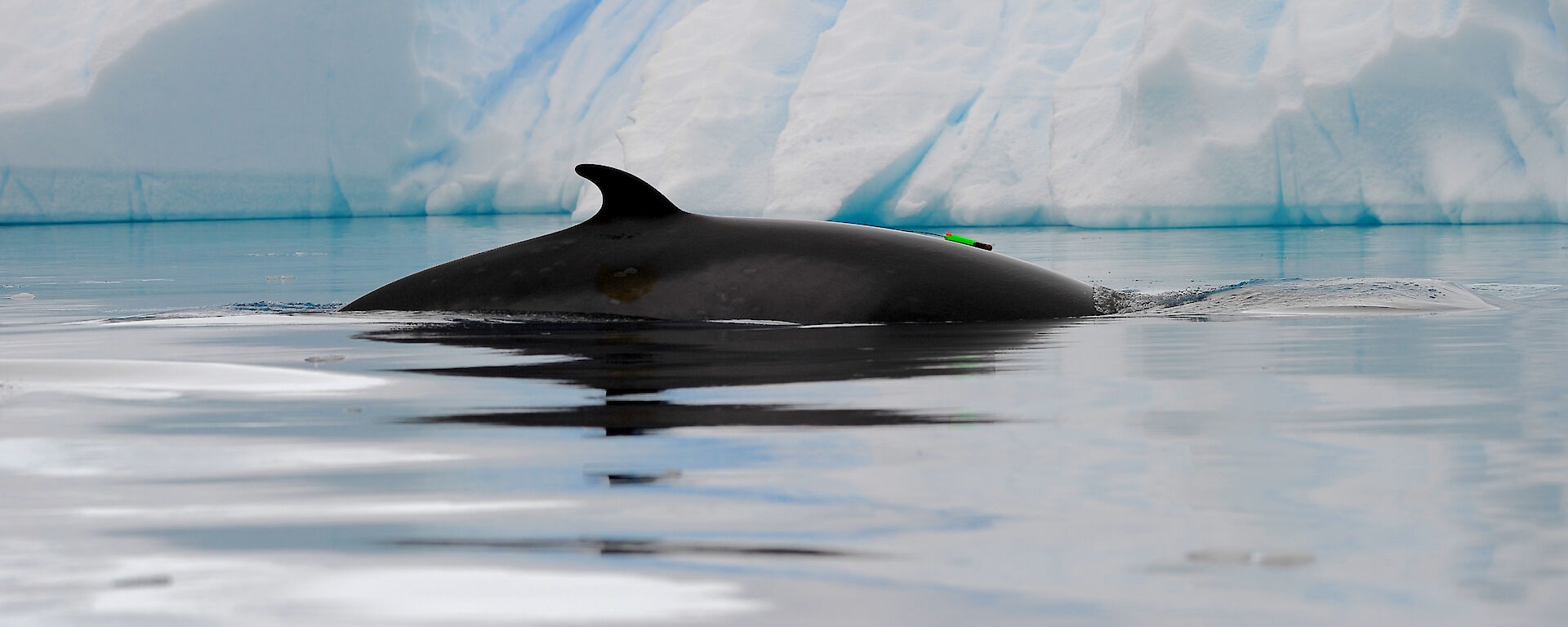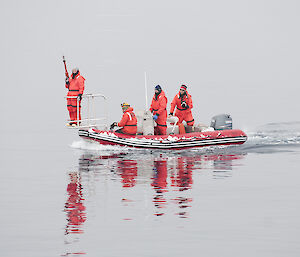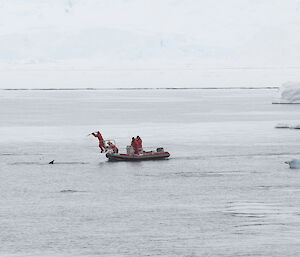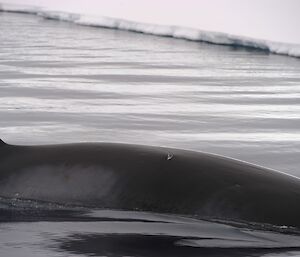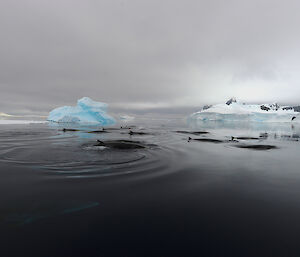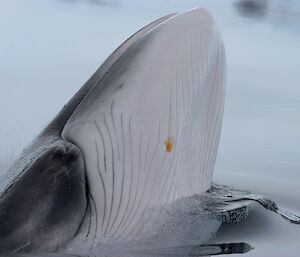Satellite tags have been deployed on Antarctic minke whales, giving researchers access to more comprehensive information about them than ever before.
Australian and US scientists aboard a US-led voyage to the West Antarctic Peninsula in February this year deployed a range of different tags on 15 Antarctic minke whales, allowing a greater understanding of their behaviour.
Three additional minke whales were tagged earlier in the summer in the Ross Sea region of Antarctica by US researchers.
Environment Minister Tony Burke said that the work was carried out from the US National Science Foundation research vessel, Point Sur, as a part of the US Antarctic program. The research contributes directly to the Australian-led, Southern Ocean Research Partnership which is endorsed by the International Whaling Commission.
“This is a great step forward in our understanding of Antarctic minke whales and confirms yet again that we don’t need to kill them to study them,” Mr Burke said.
Australian Antarctic Division Chief Scientist Dr Nick Gales, who was on the voyage and deployed most of the tags, said it was hoped the animals would be tracked over the next few months.
“The data from the tags deployed on this voyage will be the first to measure the movement patterns of Antarctic minke whales on their feeding grounds, and it is hoped that they will indicate where these animals go to breed during the winter months,” Dr Gales said.
Also during the voyage, Dr Ari Friedlaender and US colleagues deployed a number of short-term tags which have already provided information on the depth at which Antarctic minke whales are feeding and the manner in which they catch their prey, Antarctic krill.
Prior to this summer the movements and diving behaviour of these whales was something of a mystery as no tags had been deployed on the species.
Mr Burke said that the non-lethal research conducted by US and Australian scientists had, in a period of months, provided significant results in relation to Antarctic minke whale feeding and movement behaviour in stark contrast to the decades of lethal whaling by Japan.
Results from the voyage will be reported to the International Whaling Commission’s Scientific Committee in Korea in June.

